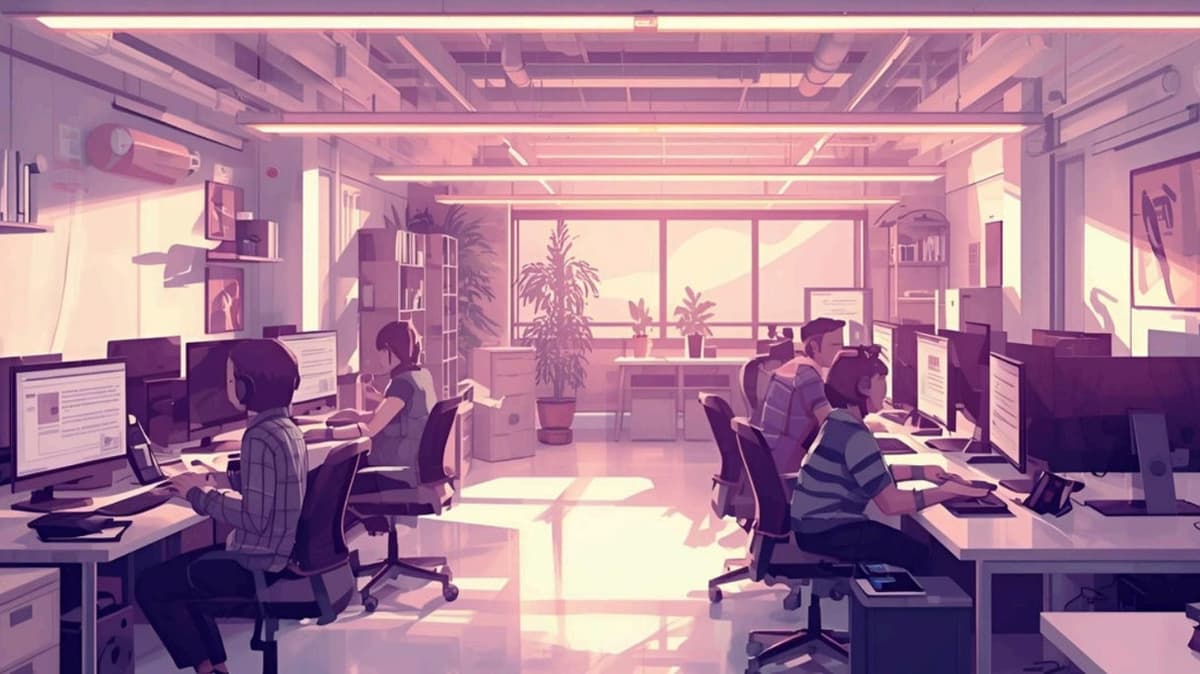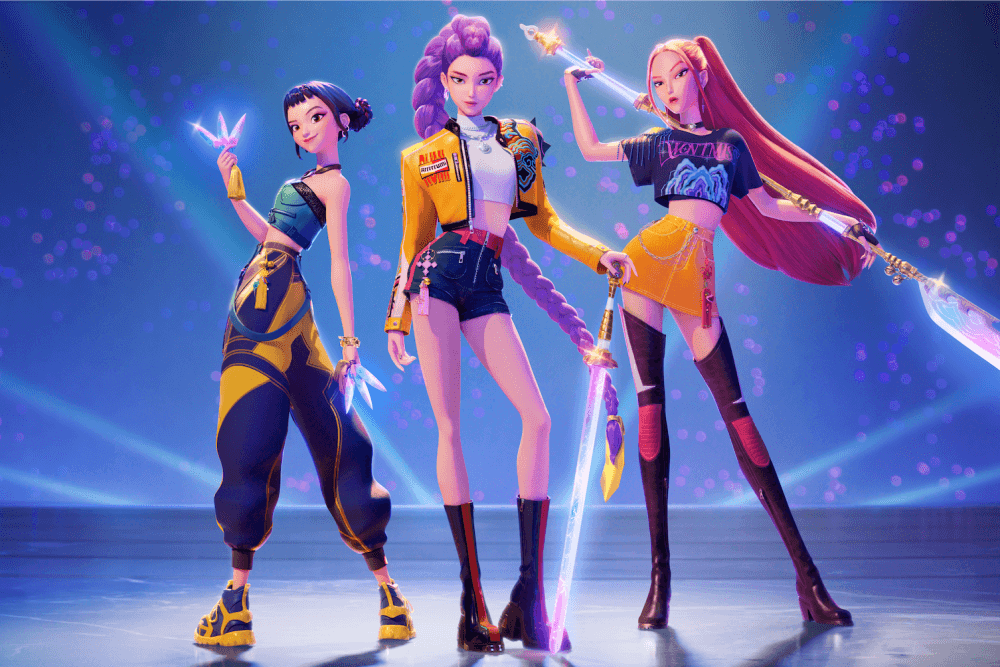
This caught my attention because we’ve seen this movie before: a media giant dangles “strategic alternatives” to please investors, and the games division ends up paying the bill. Warner Bros. Discovery has now officially said it’s open to a sale, a split, or piecemeal asset deals. That puts WB Games-home to Mortal Kombat, Hogwarts Legacy, Rocksteady, Monolith, NetherRealm, TT Games, and more-under a giant question mark.
Warner Bros. Discovery framed this as maximizing shareholder value, which is corporate for “everything’s on the table.” The company statement (translated) lays it out clearly: “As part of this process, the Warner Bros. Discovery board of directors will evaluate a wide range of strategic options, including continuing with the Company’s planned separation to be finalized by mid‑2026, a transaction for the entire Company, or separate transactions for its Warner Bros. and/or Discovery Global businesses. As part of this review, the Company will also study an alternative separation structure that would allow a merger of Warner Bros. and a separation of Discovery Global for our shareholders.”
Read between the lines: a full sale, a split, or selling parts piece by piece are all live options. That absolutely includes the games arm, whether as a whole or in chunks. Reports have already floated potential suitors circling the broader company; if that heats up, games will be a bargaining chip.
We’ve been living through industry consolidation and layoffs for two years straight. Whenever an entertainment conglomerate says “optimize,” games teams get squeezed. Under David Zaslav’s cost‑cutting reign we’ve seen tax write‑downs, cancellations, and ruthless pivots. None of that screams “creative runway.” If WB Games is sold or split, here’s what players should expect:
The tragic part is WB Games houses some of the most proven talent in the business. NetherRealm consistently ships polished fighters on time. Rocksteady defined superhero action. Avalanche nailed the Wizarding fantasy. In a better world, a new owner would double down on what these teams do best instead of forcing them into trend-chasing or cross‑media schedules.

Here’s the messy bit most press releases skip: who actually owns what. WB controls or licenses the big brands—DC, Mortal Kombat, Wizarding World (via Portkey Games), and the LEGO relationship through TT Games. In a partial sale, buyers could get studios without the crown‑jewel IP rights. That means your favorite dev might need to license the very franchise it built, or pivot to new IP. It’s happened before across the industry, and it complicates roadmaps, budgets, and, frankly, player expectations.
Could NetherRealm be sold without Mortal Kombat? Possible, but that would gut the value. Could Rocksteady move and still make Batman? Only if DC licensing survives the shuffle. If WB keeps the IPs in‑house while shedding teams, we’ll see more contracted development and fewer studio‑led passion projects.
Expect the usual suspects to at least peek: platform holders like Microsoft or Sony (tempered by regulatory fatigue post‑Activision), big publishers like EA or Take‑Two, and cash‑rich global players like Tencent or Amazon. There’s also the film/TV angle—reports have pointed to interest from the Skydance/Paramount orbit, which would lean into transmedia synergy. That sounds neat until game roadmaps get handcuffed to release calendars for movies and shows.
The best‑case scenario is an owner that understands long dev cycles and lets studios be studios. Imagine Rocksteady freed from live‑service mandates, or Monolith given the time to stick the landing with Wonder Woman. The worst‑case is a carve‑up where teams are sold without their IP, budgets shrink, and we get a conveyor belt of safe sequels and mobile tie‑ins.

For now, assume Hogwarts Legacy 2 is safe—it’s the kind of slam‑dunk any owner wants on the slate. Beyond that, be ready for turbulence. As a player, don’t preorder far out, and wait for concrete dates and gameplay before getting hyped.
Warner Bros. Discovery is officially open to a sale, split, or asset deals, and WB Games is squarely in the blast radius. Expect delays, license‑first priorities, and potential layoffs, while tentpoles like Hogwarts Legacy 2 remain comparatively secure.
The real story will be who buys—and whether they back creators or just spreadsheets. Hope for stewardship; prepare for turbulence.
Get access to exclusive strategies, hidden tips, and pro-level insights that we don't share publicly.
Ultimate Gaming Strategy Guide + Weekly Pro Tips